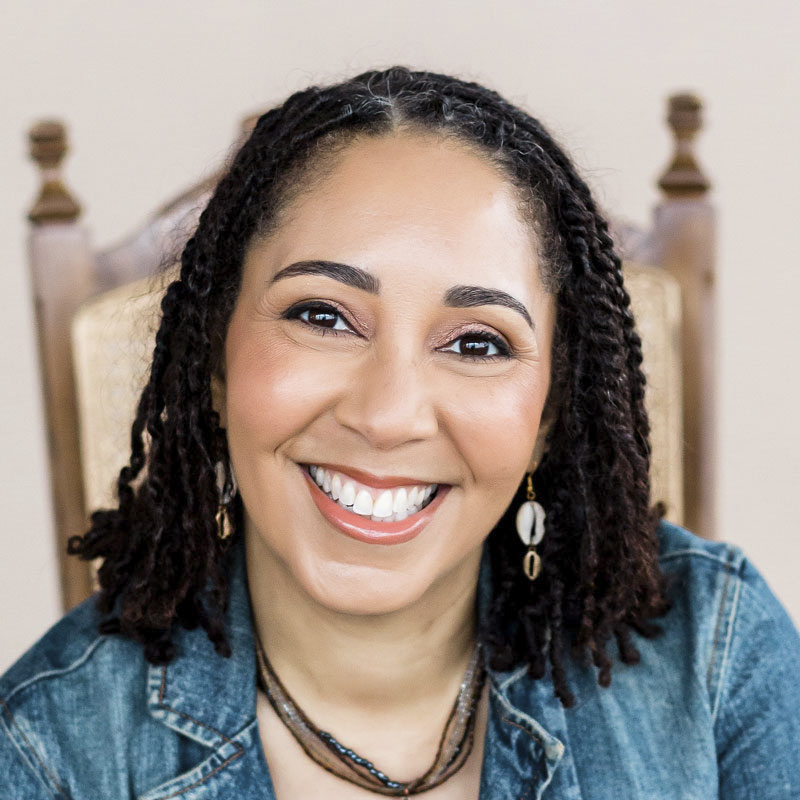Fear is an inevitable part of life. Whether it’s self-induced, or from trauma or other outside influences, there is no life without fear. Monica Coleman, award-winning scholar, ordained minister and professor of Africana Studies at the University of Delaware, plans to share her personal experiences and how she helps others move through their fears in her lecture, “Learning to Lose,” at 2 p.m. today in the Hall of Philosophy to continue Week Six of the Interfaith Lecture Series, “Embracing the Dark: Fertile Soul Time.”

Her main focus is to break barriers around the stigma of mental health, and encourage people to talk about their own experiences, and what they have, or wish they had, in regard to mental health.
“I’ll talk about why we should not be afraid of losing our minds or losing our lives, by which I mean, the way we think of ourselves,” Coleman said.
Coleman, who has had a lifelong battle with depression, said one of her suggestions is to make sure “you have someone you trust when you don’t trust yourself.”
She wants to emphasize how people live with depressive conditions and how people can receive the tools needed to face loss without slipping into a depressive episode. Rather than fighting loss, being angry about it, or being afraid of loss, she wants to accept it. Coleman said she feels “so much more deeply” when she accepts the loss rather than fighting it.
“A lot of the time, I was offering the resources I wish I had (or) writing the book I wish I could have read,” Coleman said.
Everyone copes with loss differently, and Coleman said she particularly turns to God and the Spirit to empower her and to find the deeper calling in her life.
“I also think that many traditions actually have some concept of it being important to live well in the world and to make the world a better place,” Coleman said. “It’s not just about escaping the world, but also about transforming the world into the vision that the Divine has.”
Coleman was raised in a community where work, justice and faith were heavily intertwined. Her family saw these notions as part of one another, and she grew up to realize how community-inspired work and justice can become natural to someone.
“What I find the most rewarding is whenever somebody has encountered something I’ve written and it helps them to feel less alone in their own experience,” Coleman said. “I don’t know if I’m changing the world, but knowing that me being vulnerable and sharing part of my story with someone else so they’re not alone on their journey is, for me, the most rewarding.”




